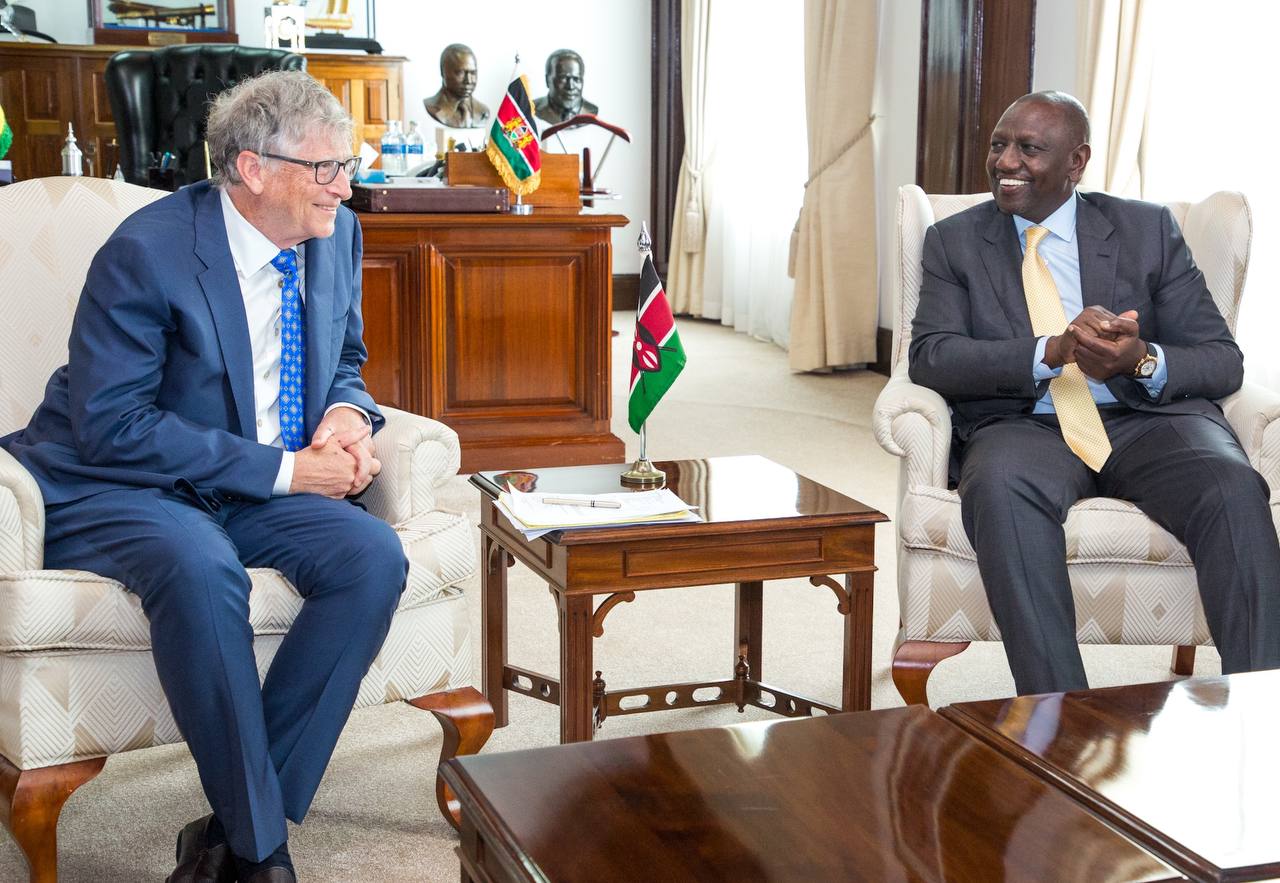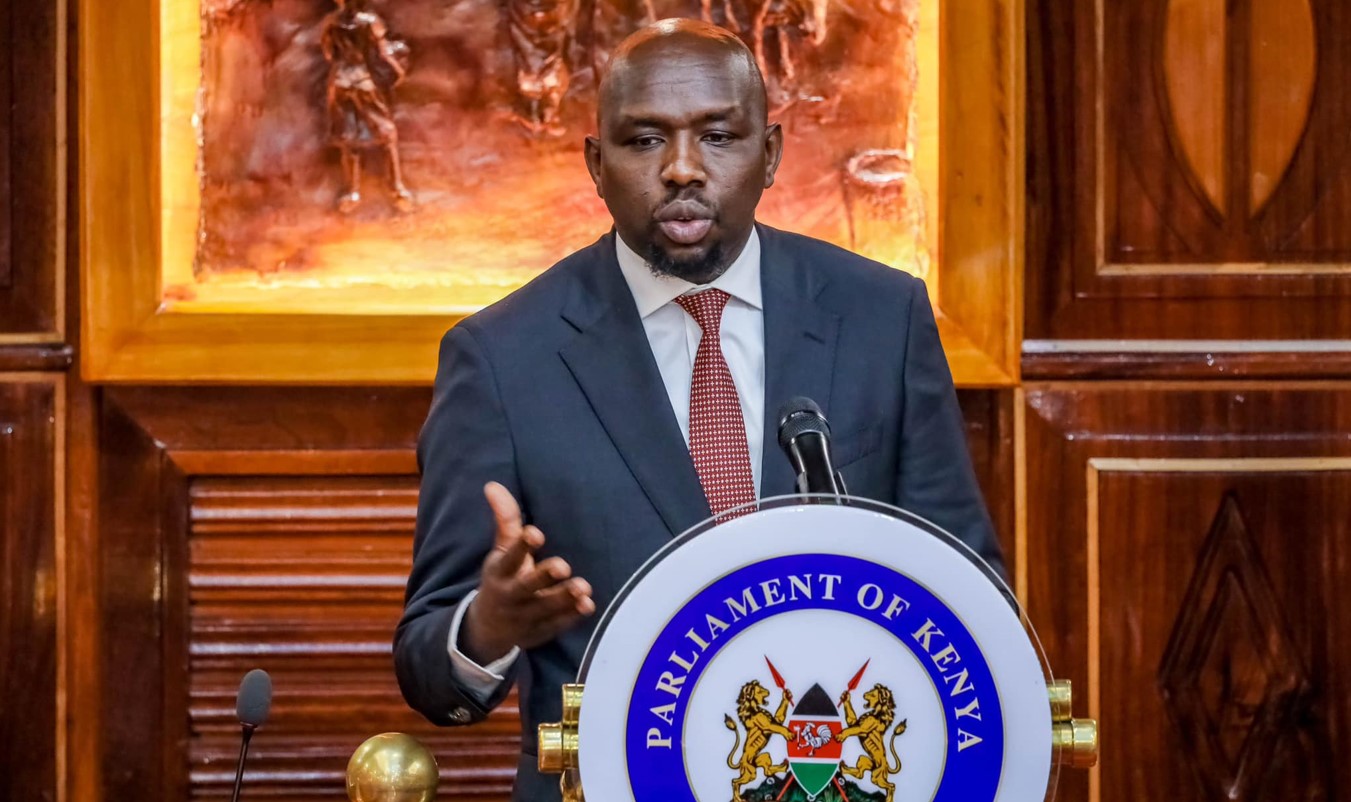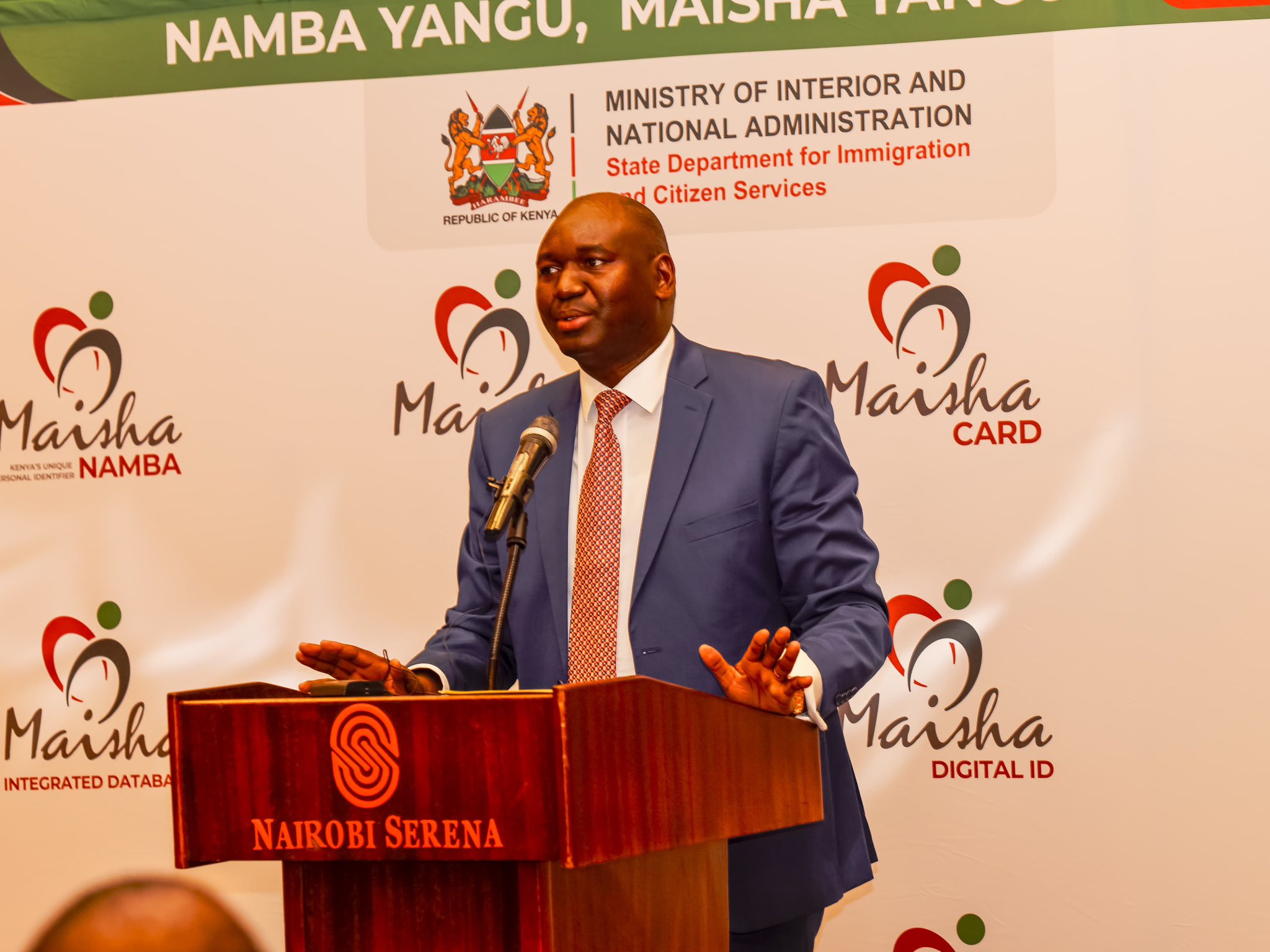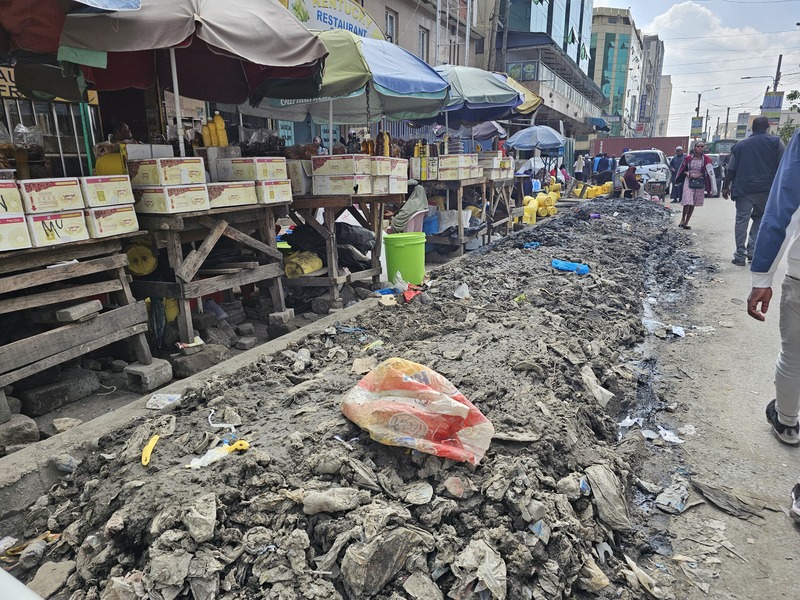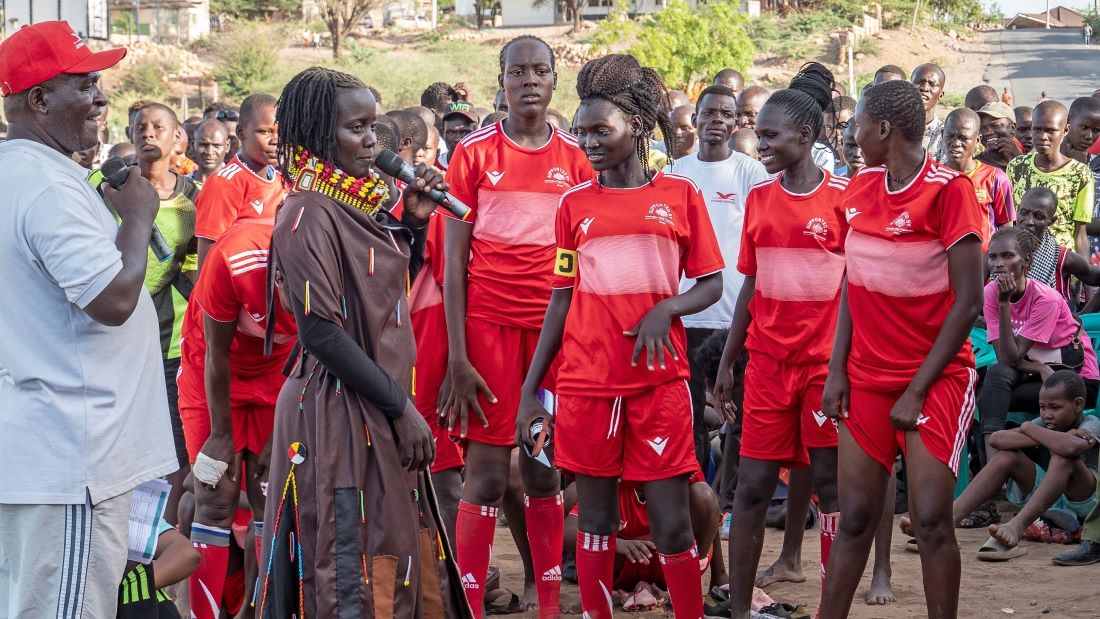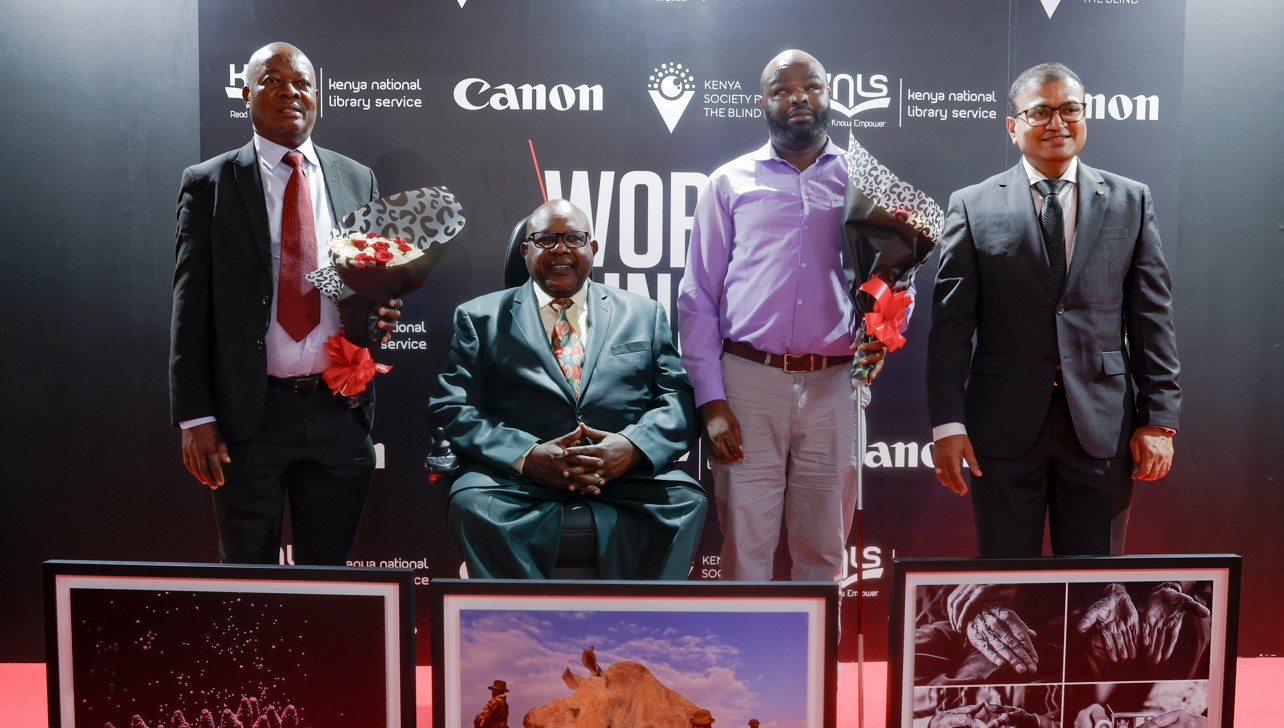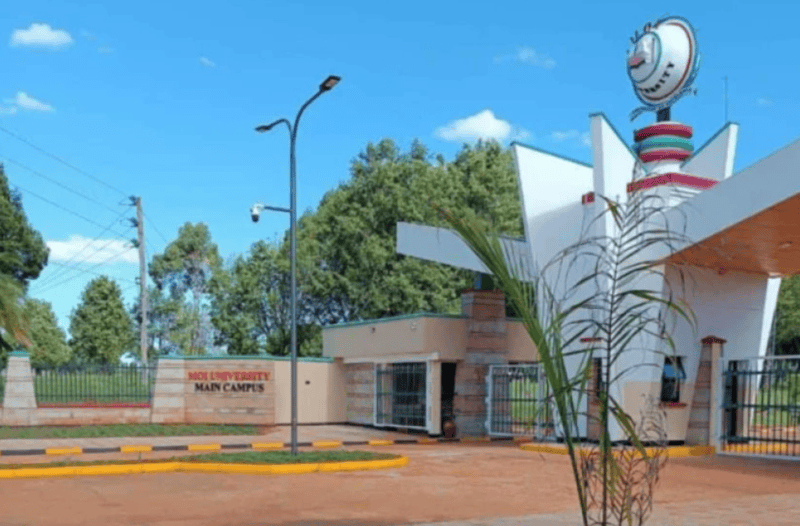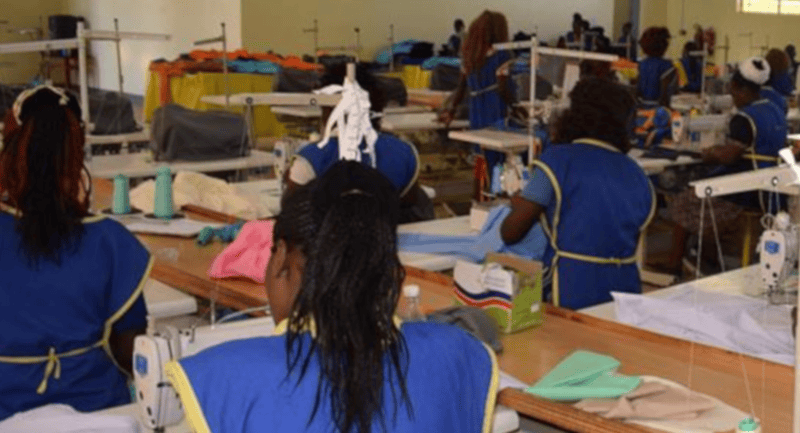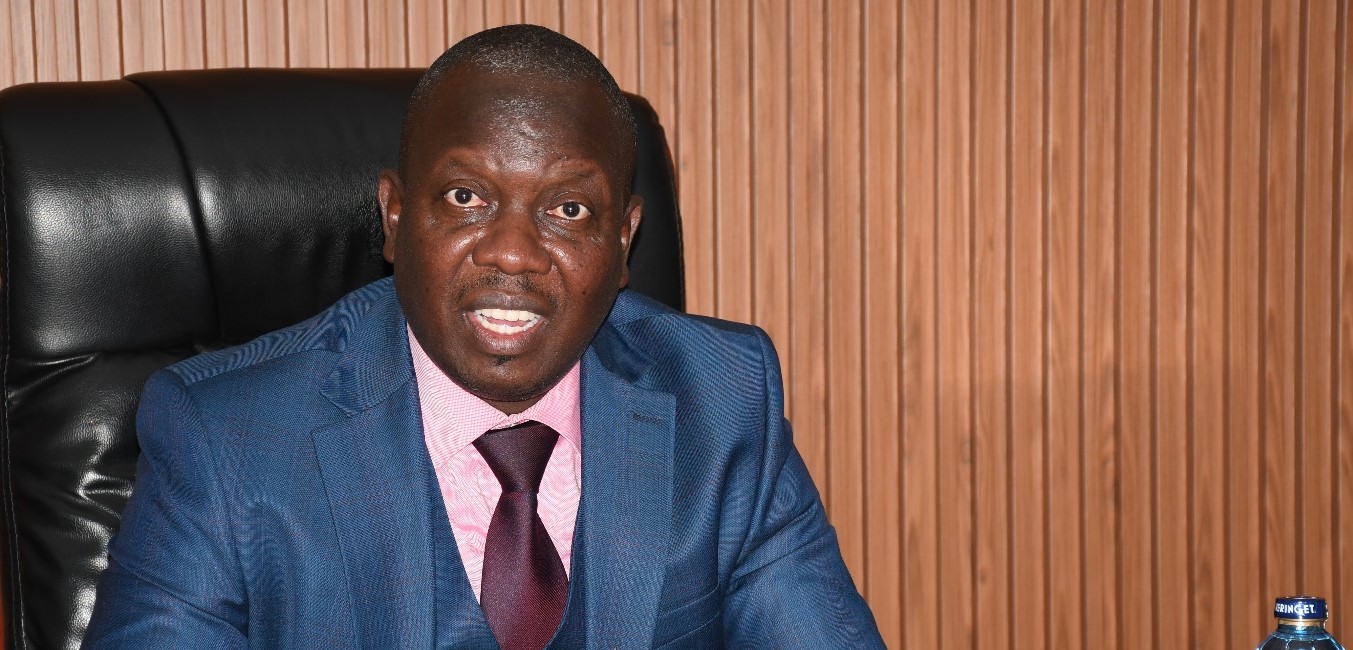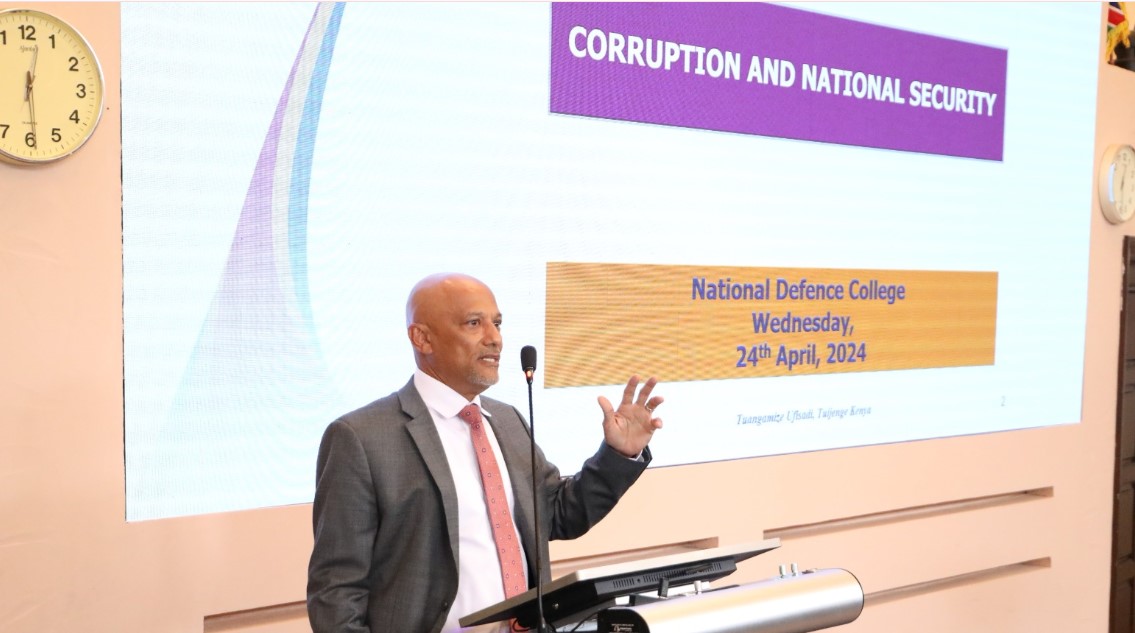EACC’s CEO nominee Abdi Mohamud pledges to uphold integrity, reject political influence
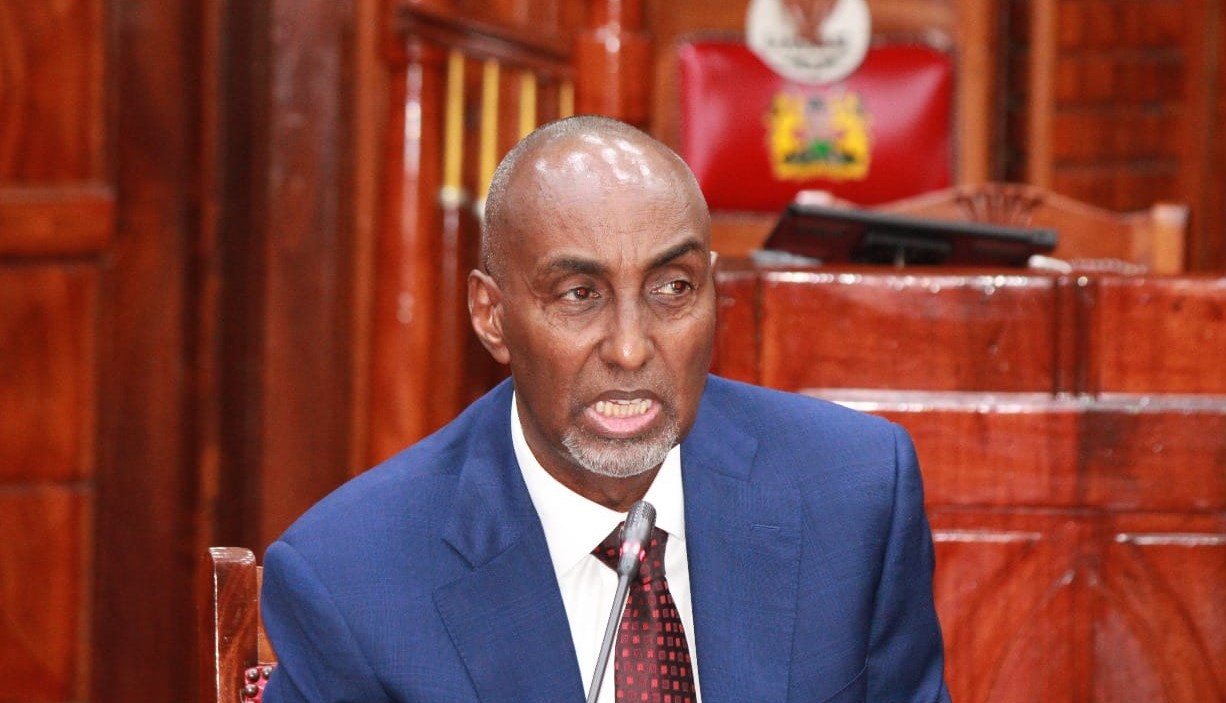
By Maureen Kinyanjui |
His remarks came in response to concerns raised by Kibwezi West MP Mwengi Mutuse about the potential for the anti-graft agency to be politicised.
Abdi Mohamud, the nominee for the chief executive officer of the Ethics and Anti-Corruption Commission (EACC) has committed to uphold the integrity of the agency if approved for the role, vowing that the commission will not be weaponised for political purposes under his leadership.
During his vetting by the National Assembly Justice and Legal Affairs Committee on Tuesday, Abdi, who is currently the EACC deputy CEO, promised to run a professional and law-abiding anti-graft body.
Keep reading
"I do not belong to any political party; I will never belong to any political party. I will not be used as a conveyor belt," Abdi told the committee.
"So long as I am the CEO, we will not be used for political witch-hunts. We will be guided by the law and the Constitution," he said.
His remarks came in response to concerns raised by Kibwezi West MP Mwengi Mutuse about the potential for the anti-graft agency to be politicised.
Mutuse wanted to know if Abdi's nomination was based on his political alignment.
"Could you have been given this job because you are politically correct and would be a conveyor belt or could you have been given the job to fix political opponents?" Mutuse asked.
Such concerns have surfaced in the past, particularly following accusations that investigative agencies, including EACC, were being used to target political opponents.
In addition to assuring MPs of his impartiality, Abdi also addressed challenges in the anti-corruption fight, particularly regarding the prosecution of cases.
He expressed his belief that the Office of the Director of Public Prosecutions (ODPP) had played a weak role in the success of corruption cases, especially concerning evidence gathering.
The nominee revealed that the EACC had requested to have its lawyers involved in prosecutions but that the ODPP had declined the request.
"Our relationship with ODPP is good but it needs to be better. ODPP has the responsibility to employ qualified people like lawyers to prosecute cases. We did a request [to have ODPP lawyers prosecute some of the cases] in the past and it was declined," he explained.
Abdi, a former police officer with extensive training in security risk management, has served in various capacities within the commission, including as director of investigations.
He holds a master's degree in Security Risk Management from the University of Leicester and has received training from prestigious institutions such as the Federal Bureau of Investigation (FBI), Israel's Central Institute of Intelligence, and Singapore's Corrupt Practices Investigation Bureau.
As Abdi seeks to take over from the outgoing CEO Twalib Mbarak, questions were raised about his tenure, especially since he is two years away from the mandatory retirement age of 60.
Rarieda MP Otiende Amollo asked whether he would step down before his term ends, should he reach retirement age.
In response, Abdi assured the committee that he would have no issue vacating the office before his six-year term expired, should it become necessary.
The vetting process also delved into Abdi's vision for the future of EACC.
Mukurwe-ini MP John Kaguchia asked about proposals to grant the commission prosecutorial powers, while Mutuse, the committee’s vice chair, questioned whether Abdi had the "tenacity to prosecute persons of status".
Abdi responded confidently, asserting that his extensive experience within the commission made him well-suited to lead EACC in overcoming past challenges.
"As an insider, I understand the magnitude of work needed at the EACC. I want to assure this committee that under my guidance we shall forge a partnership with the ODPP to bridge the gap that is currently being experienced in the investigating, evidence collection, and prosecutions of cases," he said.
In his closing statement, Abdi stressed his dedication to the fight against corruption, citing Singapore as an example of a country that successfully tackled graft through consistent, incremental efforts.
"I want to serve my country. I want to do what I can to help my country deal with the vice of corruption. Just like Singapore, who are leaders in taking on corruption, we require baby steps, and eventually, we shall triumph," he said.
Reader comments
Follow Us and Stay Connected!
We'd love for you to join our community and stay updated with our latest stories and updates. Follow us on our social media channels and be part of the conversation!
Let's stay connected and keep the dialogue going!

